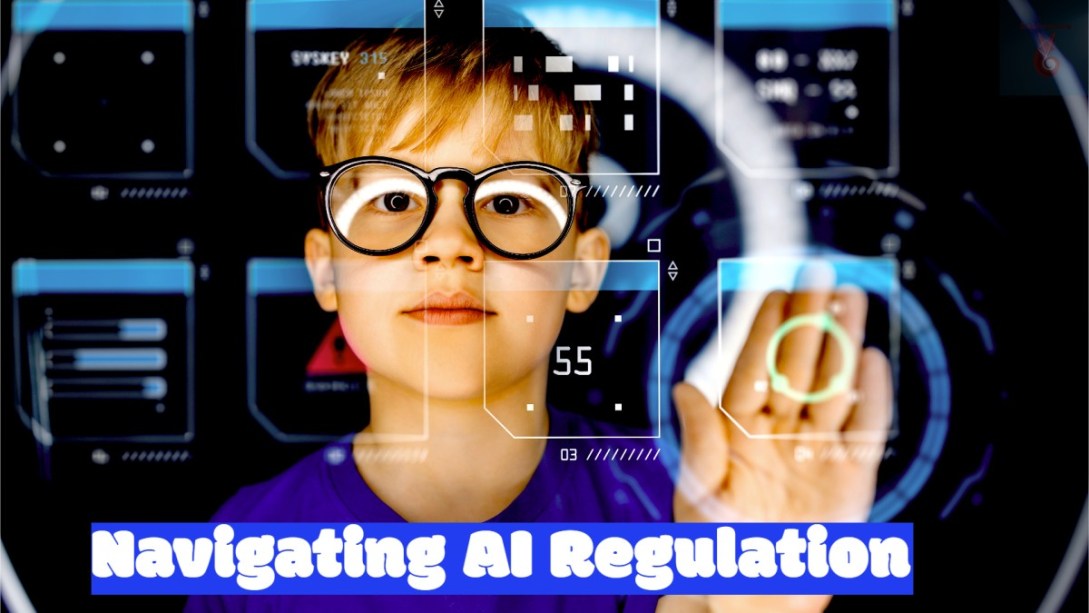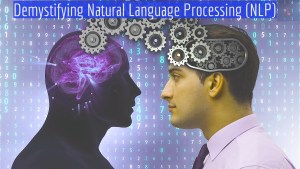Page Contents
AI Regulation Overview?So artificial intelligence (AI) continues to advance and integrate into our daily lives, concerns about its safety, privacy implications, and ethical use have grown. Governments and organizations worldwide are recognizing the need for AI regulation and standards to ensure responsible development and deployment.
AI Regulation Overview
So this blog post, we’ll delve into the evolving landscape of AI regulation, making it understandable even for those new to the topic, with practical examples.
Safety and Accountability
One critical aspect of AI regulation is ensuring the safety of AI systems. Consider autonomous vehicles as an example. These self-driving cars rely on AI algorithms to navigate, and their safe operation is paramount. AI regulations mandate rigorous testing and safety standards to prevent accidents and protect both passengers and pedestrians.
Privacy and Data Protection
AI often relies on vast amounts of data to function effectively. To address privacy concerns, regulations such as the General Data Protection Regulation (GDPR) in the European Union have mandated responsible and transparent handling of personal data used by AI systems. These regulations empower individuals to have control over their data and to understand how organizations are using it.
Ethical Use of AI
Ethics in AI is a growing concern. Regulations aim to prevent AI from being used in ways that discriminate against certain groups or infringe upon human rights.

For instance, AI-powered hiring tools must adhere to non-discriminatory hiring practices to ensure fairness in job selection.
Transparency and Explainability
People often view AI systems as black boxes, which makes it challenging to grasp their decision-making processes. Regulatory authorities are developing rules to encourage transparency and explainability in AI.For example, in finance, AI-driven algorithms used for credit scoring must provide clear explanations for their decisions.
International Standards
So to ensure consistency in AI regulation, international organizations like the United Nations and the OECD are working on global AI standards. These standards help harmonize AI practices and facilitate international cooperation in addressing AI-related challenges.
Testimonials
- Elena, Tech Entrepreneur
“Navigating AI Regulation has been a crucial resource for our startup as we develop new AI-driven products. The insights into safety and accountability provided a solid foundation for ensuring our technologies are not only innovative but also compliant with the latest regulations. This article is a must-read for anyone in the tech industry looking to balance cutting-edge AI development with ethical and regulatory standards.” - Tom, Data Protection Officer
“As someone deeply involved in ensuring data privacy and compliance, I found the section on Privacy and Data Protection particularly enlightening. The explanations of GDPR implications for AI systems helped clarify several key issues our team was grappling with. This post is an invaluable tool for anyone responsible for overseeing the safe and ethical use of AI in their organization.” - Linda, AI Researcher
“The discussion on Ethical Use of AI and International Standards provided a comprehensive overview that’s vital for anyone in AI research or development. The focus on creating non-discriminatory AI tools and the importance of transparency and explainability in AI systems has influenced how I approach my work. This article effectively bridges the gap between complex regulations and practical applications in AI.”
Conclusion
AI regulation is becoming increasingly vital in our AI-driven world. It serves as a protective framework, safeguarding safety, privacy, ethics, and transparency. As AI continues to evolve, so too will the regulations that govern it.So for those new to the topic, understanding the significance of AI regulation is essential, as it impacts the development and deployment of AI systems that affect us all. By striking a balance between innovation and regulation, we can harness the potential of AI while addressing potential risks responsibly.
1. What is AI regulation?
AI regulation refers to the legal and ethical frameworks put in place to govern the development, deployment, and use of artificial intelligence technologies. These regulations aim to ensure that AI systems are safe, ethical, transparent, and that they respect privacy rights.
2. Why is safety important in AI regulation?
Safety is critical in AI regulation to prevent harm to users and the public. This includes ensuring that AI systems, such as autonomous vehicles and medical diagnostic tools, operate reliably and without causing unintended consequences.
3. How do privacy regulations affect AI?
Privacy regulations, like the GDPR, affect AI by setting standards for how data used by AI systems is collected, processed, and stored. These rules ensure that personal information is handled securely and that individuals have control over their own data.
4. What are some ethical concerns with AI?
Ethical concerns in AI include issues like bias and discrimination, where AI systems may make unfair decisions based on flawed data or algorithms. Other concerns involve consent, where users must be informed about how AI affects them and agree to its use.
5. How is transparency achieved in AI systems?
Transparency in AI systems is achieved by making the systems explainable, meaning that their decisions can be understood and justified to users. This involves clear communication about how AI models function and the factors they consider in decision-making.
6. What role do international standards play in AI regulation?
So International standards help harmonize AI regulation across borders, promoting global cooperation and ensuring consistent safety, ethical, and privacy practices worldwide. These standards facilitate easier compliance for multinational companies and advance global discourse on AI ethics.
7. How can companies ensure compliance with AI regulations?
So Companies can ensure compliance with AI regulations by staying informed about current and upcoming laws, conducting regular audits of their AI systems, and implementing robust data governance and ethical practices. Training employees about compliance and ethical AI use is also crucial.
8. What are the benefits of AI regulation?
The benefits of AI regulation include increased trust in AI technologies, protection of human rights, and the prevention of harm. Regulation also fosters innovation by providing clear guidelines for developers and companies, which can lead to the creation of safer and more effective AI solutions.
ai artificial intelligence data privacy financial freedom regulation
Last modified: 12 April 2024









[…] is heard above the noise. But remember, while these hacks can give you an edge, there’s no substitute for genuine value. Serve your customers well, provide epic content, and be patient. Google, like a fine wine […]